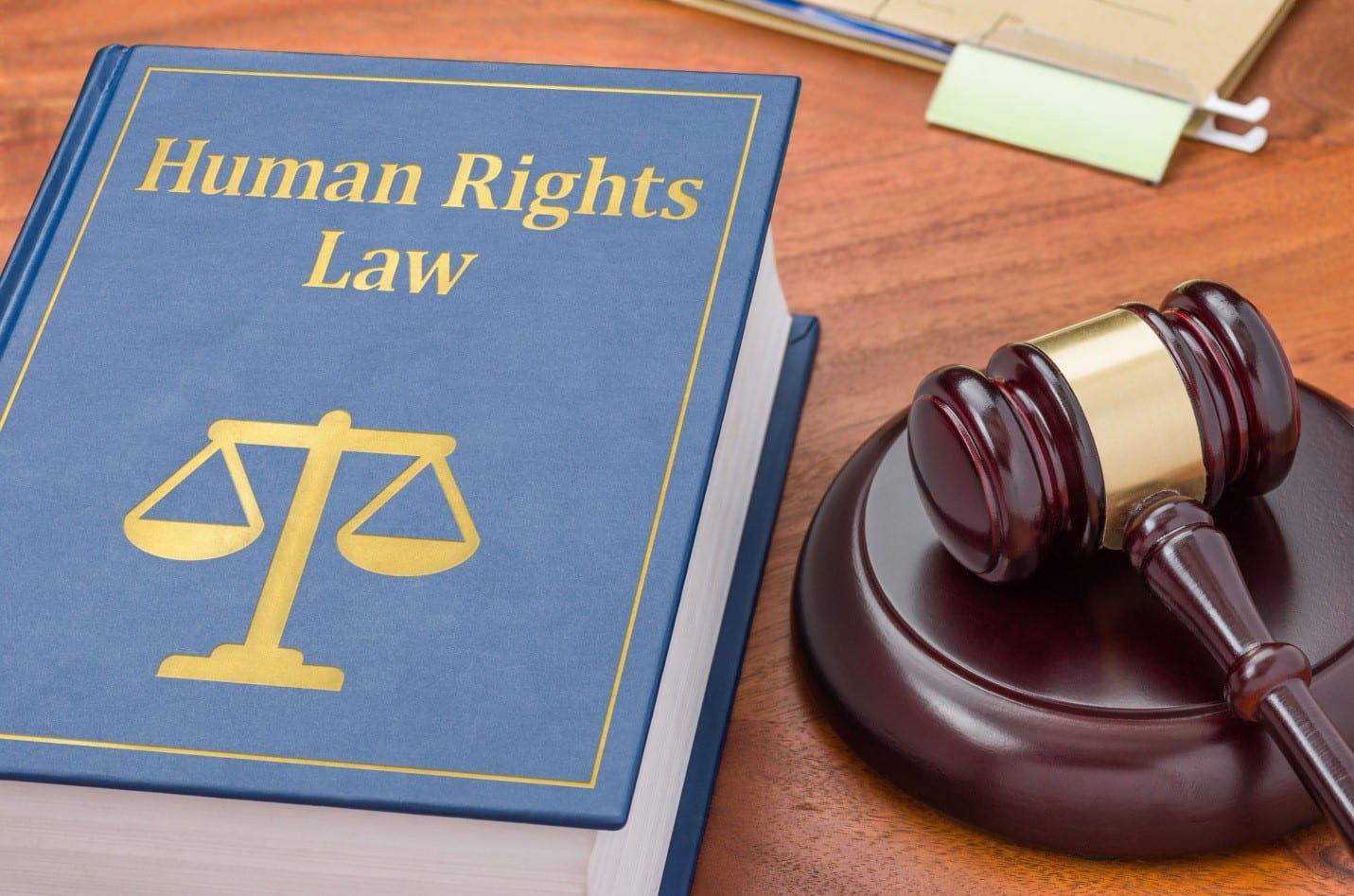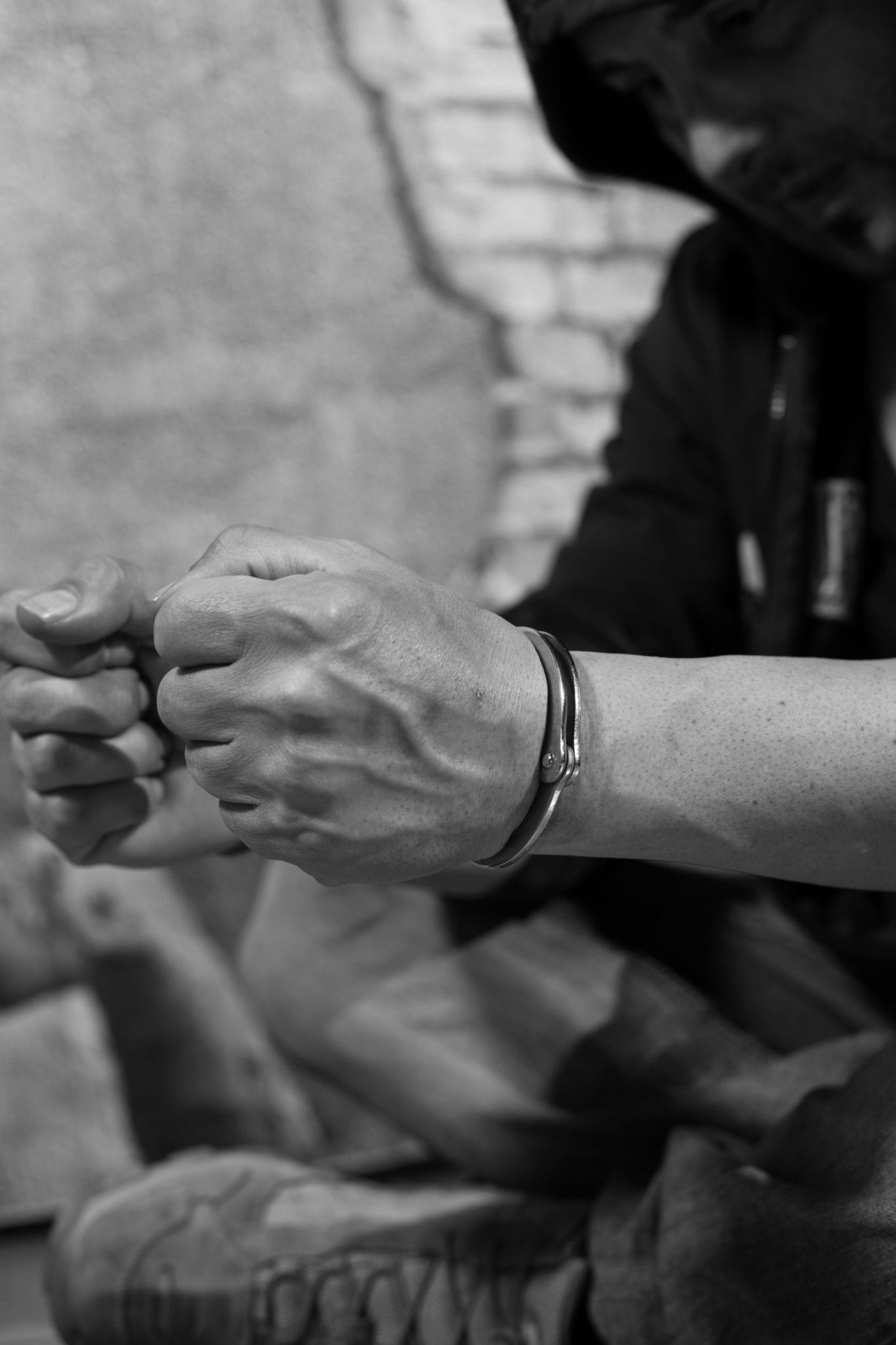Police brutality and unfair treatment are unfortunate realities of modern America.
Recently, there has been a public outcry to hold police accountable and a great deal of media attention around violations of human rights that occur under police custody.
No matter how heinous the alleged crime, whether it was a felony or misdemeanor, you still have rights when you are arrested. Rights of the accused were put into the Constitution to protect all citizens of the United States from abuse of power. Below we have listed actions that may constitute a violation of your rights, along with a short section about being “read your rights.”
If I’m Arrested, Do the Police Have to Read Me My Miranda Rights?

This isn’t completely true, although there is a grain of truth in the fiction. The actual law says that Miranda rights must be read to individuals in police custody before they are questioned. If the police fail to do so, it doesn’t mean you’re completely off the hook. It does mean, however, any information gained during the interrogation cannot be used for direct evidence against you in your trial.
However, there are situations where the police may not read your rights to you at any point. For example, they might decide they don’t need to question you to prove you committed a crime. This is common for incidents such as DUI arrests, because police often believe they have all the evidence they need from recording your BAC.
This also does not apply if you blurt out a confession. Sometimes police will try to trick you into confessing, implying things will go better for you if you admit to a crime. Don’t fall for this—the police cannot control the severity of your ultimate sentence even if they want to.
You do have many rights, however—including those listed under Miranda—even they are not recited to you out loud.
What Are My Rights? And Were They Violated?
Here is a list of the rights of the accused during an arrest. If any of these rights were violated at the time of your arrest, an experienced criminal attorney may be able to use that information to help your case.
If You Were Forced to Speak. The right to remain silent is one of the most important rights of an accused person. This right protects individuals from self-incrimination. Officers of the law cannot force you to divulge information. It is their responsibility to collect evidence you have committed a crime. If you invoked your right to remain silent by choosing not to speak, but an officer coerced or forced into talking, then the police have violated your rights.
Additionally, before questioning you, the police must inform you that “anything you say can be used against you in a court of law.” If you were informed you had the right to remain silent, but the officers failed to mention the consequences of speaking, this too may be considered a violation.
If the Police Deprived You of an Attorney. If you requested an attorney during questioning but were denied, this is a severe violation of your rights. You have a right to an attorney, both during interrogation and your trial.
Many arrested individuals are falsely confident that they will not need an attorney, only to realize their mistake later in the interrogation. You have the right to decide you want an attorney at any point during your arrest proceedings. If you ask for an attorney, the police must refrain from questioning you until your attorney arrives.
If You Were Interrogated While Your Attorney Was Absent. After you invoke your right to an attorney, police cannot question you without your lawyer present. During your initial interaction with the police and any subsequent interviews, you have the right to legal counsel. Additionally, if you cannot afford an attorney, you still have the right to be assigned a public defender.
If You Were Treated in an Inhumane Manner. It does not matter how severe the charges against you are—the police are still required to treat you in a humane way. Depriving you of food or water, or beating you during the arrest or while you are in custody are examples of inhumane treatment that may constitute a violation of your rights.
If You Were Held Unfairly. You have a right to be informed of the charges against you within a reasonable amount of time after your arrest. The government cannot continue to hold you in custody without informing you of the crime you are being accused of. What constitutes a reasonable amount of time varies from state to state— in many states it is 48 hours, although this is not always the case.
If You Were Treated as Guilty Before Convicted. “Innocent until proven guilty” is one of the cornerstones of the American criminal justice system. No matter the evidence against them, suspects are considered innocent until they are convicted in a court of law. If you were punished or treated unfairly during your arrest, this may have been a violation of your rights.
If Your Trial Was Significantly Delayed. Long delays between your charge and your trial can also constitute a violation of your rights. Once charged, it is the government’s responsibility to ensure what is called a “speedy trial.” This right can be found in the 6th Amendment to the Constitution.
If You Were Subjected to Cruel and Unusual Punishment
The eighth amendment protects the incarcerated against “cruel and unusual punishment.” If you are convicted of a crime, you still have the right to humane treatment. Thus, any treatment that violates your basic dignity as a human being is an infringement on your Constitutional rights.
It can be frightening to experience any basic violation of your dignity as a human being. It’s even worse when it comes from an institutional power. Who do you turn to when those who enforce the law are the ones breaking it?
But if you feel you have been mistreated during an arrest, you are not helpless. If any of your above rights have been violated by police in North Carolina, you need to contact a skilled criminal law attorney with a track record of success.
About the Author
Attorney Mike Schlosser represents victims of personal injury, those charged with a crime, as well as those facing traffic charges. A former Guilford County, North Carolina District Attorney, Schlosser has been in private practice at the Law Firm of Schlosser & Pritchett since 1983 and has been a member of the North Carolina State Bar since 1973.









